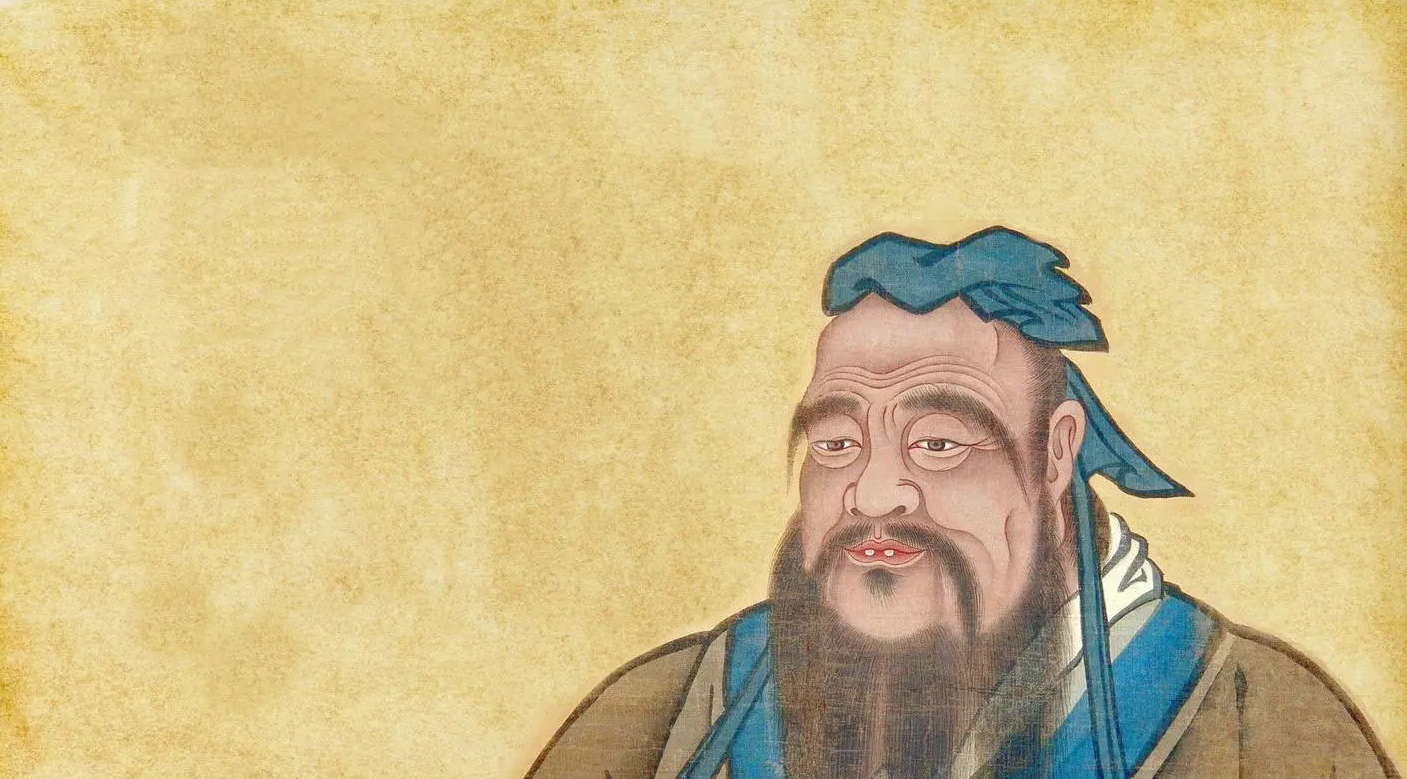
Teachers’ Day in China has a long and fascinating history, although not made a formal holiday until the end of the twentieth century. Although informally, the 1. ______ (early) celebration first took place over 2,000 years ago during the Han dynasty. At that time, Teachers’ Day activities 2. ______ generally held on the 27th day of the eighth lunar month, a date widely believed to be the birthday of China’s most influential 3. ______ (educate), Confucius.
Confucius was born in the Spring and Autumn Period in modern day Shandong Province. During this period, education was 4. ______ (general) available only to children from rich families. After experiencing various government positions, Confucius quickly became famous as a 5. ______ (skill) educator. He spent all his life educating others. He built private schools that allowed students of all social classes to come. Confucius believed in the importance of education and thought in teaching there should be no 6. ______ (different) between classes.
Confucius is often called “the teacher of all ages”. He put special attention to the importance of education. It meant that teachers in ancient China were also generally treated 7. ______ great respect.
In ancient China, many families looked for a teacher 8. ______ (help) prepare for the Imperial Examinations (科举考试), a exam that made sure successful men adults got a respected government position. Parents often sent invitation letters to certain teachers, and 9. ______ (accept) the invitation or not was at the decision of the educator. Once inside the classroom, teachers were treated with the greatest respect by students, 10. ______ kneed and touched the ground with the forehead to their educators.
Teachers’ Day is an especially significant holiday that symbolizes the great respect that Chinese society has for educators.
原创编写 版权所有 侵权必究! 每日更新 个性化阅读 英语飙升!1.1.
A
B
C
D
解析:选earliest。考查形容词最高级。根据题空前的“the”和题空后的“first took place”可知,此处指教师节最早的庆祝活动始于汉朝。故填earliest。
2.2.
A
B
C
D
解析:选were。考查主谓一致。根据题空前的“activities”可知谓语动词用复数形式;根据“held”可知,此处为被动语态,缺少be动词。故填were。
3.3.
A
B
C
D
解析:选educator。考查名词。根据题空前的“China’s most influential”可知此处应填名词,表示“教育家”。故填educator。
4.4.
A
B
C
D
解析:选generally。考查副词。根据题空后的形容词“available”可知,此处应填副词修饰形容词。故填generally。
5.5.
A
B
C
D
解析:选skilled。考查形容词。根据题空前的“a”和题空后的“educator”可知,此处缺形容词修饰名词。故填skilled。
6.6.
A
B
C
D
解析:选difference。考查名词。根据题空前的“no”可知,此处缺少名词,表示不论哪一类人都应当受到教育。故填difference。
7.7.
A
B
C
D
解析:选with。考查介词。be treated with great respect表示“被高度尊敬”。故填with。
8.8.
A
B
C
D
解析:选to help。考查动词不定式。根据题空前的“looked for”和题空后的“prepare for”可知,前面为谓语动词,后面为非谓语动词,结合句意可知,此处为不定式表目的:在古代,许多家庭都在寻找教师,以帮助孩子准备科举考试。故填to help。
9.9.
A
B
C
D
解析:选accepting。考查非谓语动词。根据题空后文的“was”可知题空处为主语的一部分,填动名词作主语。故填accepting。
10.10.
A
B
C
D
解析:选who。考查定语从句。题空后的kneed and touched the ground是谓语部分,该句缺少主语,结合题空前的“students”可知此空引导定语从句,先行词students指人。故填who。